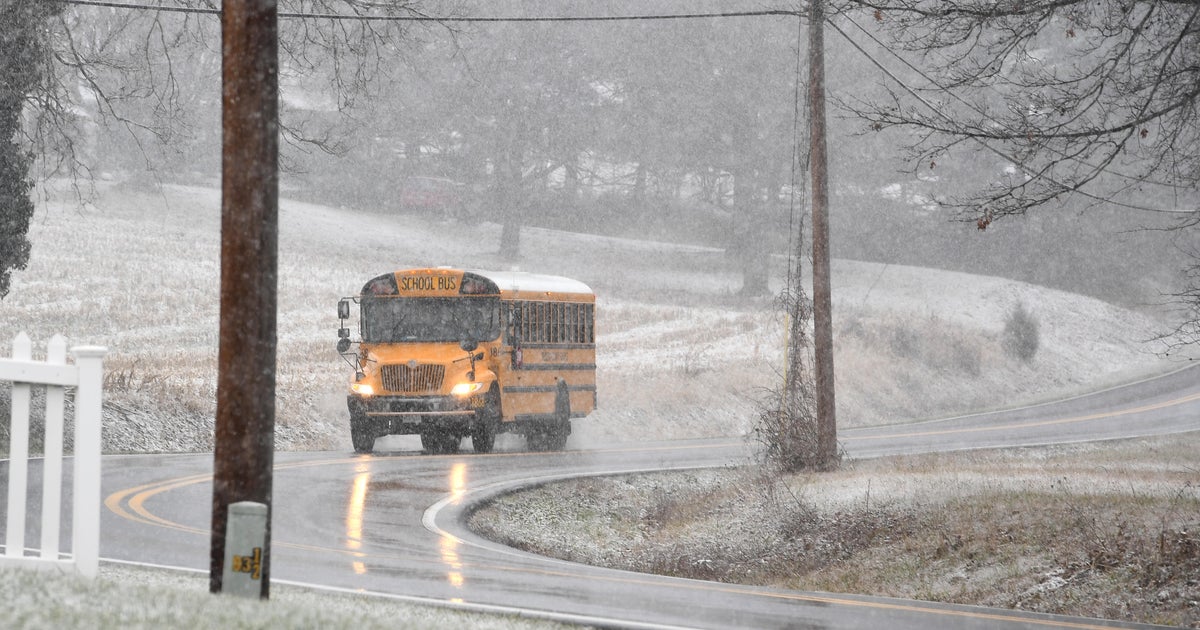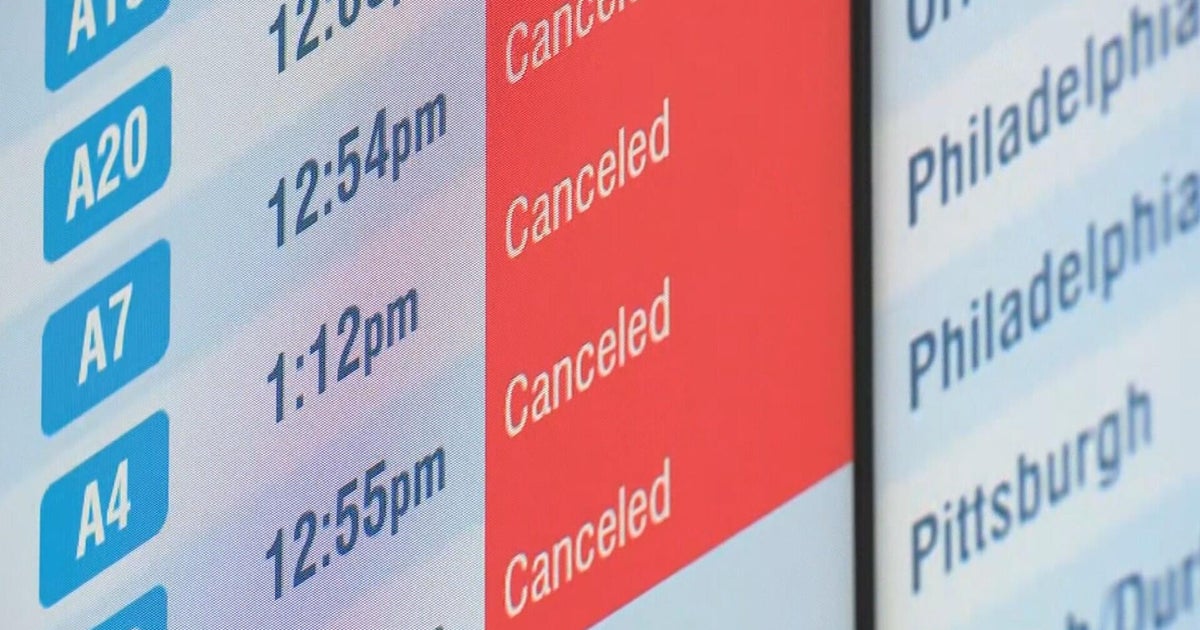Md. Student Defers College To Live In Nepal
ANNAPOLIS, Md. (AP) -- The day was to be the start of Lexi Suberi's freshman year at the University of Maryland. Instead, the class valedictorian from South River High School fought back tears as she arrived last fall in a remote village on the other side of the world.
As she saw her bed on her first night in Nepal, she discovered a light had been left on. Then, she found hundreds of enormous beetles.
Welcome to the "gap year."
"I didn't even have the mosquito net up yet, it was late at night and we'd been driving 17 hours," Suberi said. "I said, `Tomorrow, when the bugs are gone . I'll clean it out, but tonight I'm going to sleep in the car."'
After graduating high school and not sure of her study plans, Suberi set her heart on traveling to Nepal. She deferred her admission and scholarships to the university for a gap year.
She joined other American students who postpone studies or work after high school or after college to take a different path. Taking a gap year, more popular in European countries, can be a way for students to immerse themselves in a new culture.
"We call it the 13th grade around here," said Steve Reilly, who, with his wife, co-founded Global Experiences Inc. in 2001. The Annapolis-based business places students in internships around the world and advocates students taking a gap year.
"Frankly, most 20-, 21-year-olds don't know who they are yet," Reilly said. "We get them out of the classroom."
The business sets up the students with housing and internships in fields such as fashion design, advertising and accounting. The experience can ultimately make American students more competitive, Reilly said.
Suberi spent her year as a teacher, drawing up a curriculum and figuring out how to instruct students who'd never been exposed to American-style education. She learned that teachers in Nepal have elementary school students copy textbook pages directly from a book.
"I don't even think of enduring discomfort there," Suberi said. "Yeah, the water's really cold when I shower, and that first initial moment of getting the back of your neck wet chills your spine and makes you lose breath for a minute. But that's not the part of my day I remember most strongly. I remember that this student was failing when I arrived -- and couldn't even say `How are you?' -- getting an A on their first test. That is really satisfying for me."
At the University of Maryland, which has a freshman class of almost 4,000, only about 150 students a year receive deferrals.
"For us, it's not very common," said Shannon Gundy, director of undergraduate admissions for the university.
Students can request a deferral of their admission for only up to one year, and must have a legitimate personal or educational reason, Gundy said. Some students request deferrals for health reasons.
Suberi returned home to Davidsonville early in June, saying she had experienced major personal growth. She was inspired to pursue medical school, and is now fluent in reading and writing a new language. And she was asked to continue her work with the school.
So she decided, despite losing her college admission slot and thousands of dollars in scholarship money, that she's going to keep working in Nepal for at least one more year.
When she returned to the United States, "you have a little reverse culture shock," Suberi said. She feels that she sees the world differently from most of her friends. She also knows she'll be in a different place from her peers when she finally does enroll at a university.
The gap year experience can also be an adventure for parents.
"One time Lexi called me and said, `Mom, what do you do if there's a bat in your room?"" Ruth Suberi said. "Just put a sheet on your head and run out."
The Suberis initially worried about their daughter's safety, because Nepal has travel restrictions. Lexi's father Max went with Lexi to Nepal before he felt comfortable.
"We've never seen her more happy," he said.
Said his daughter: "I've been given so much in 18 years. I've been given everything so easily. I wanted to prove to myself I was worth that investment and that I could give back as much as I've received."
(Copyright 2011 by The Associated Press. All Rights Reserved.)







